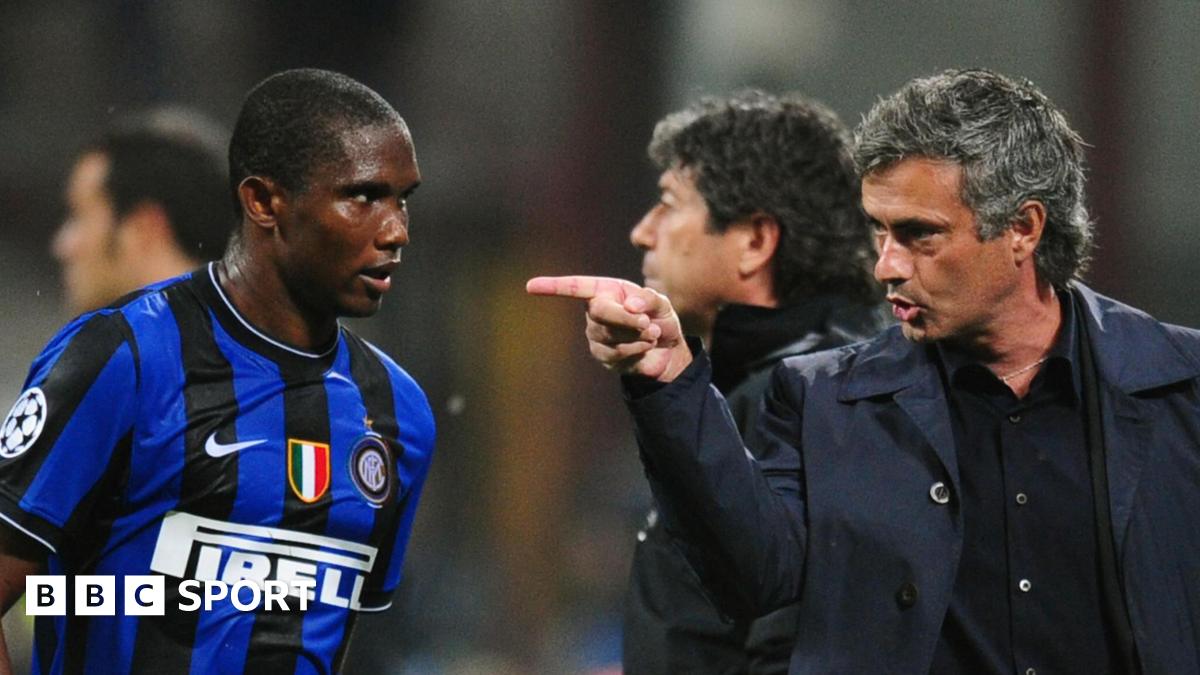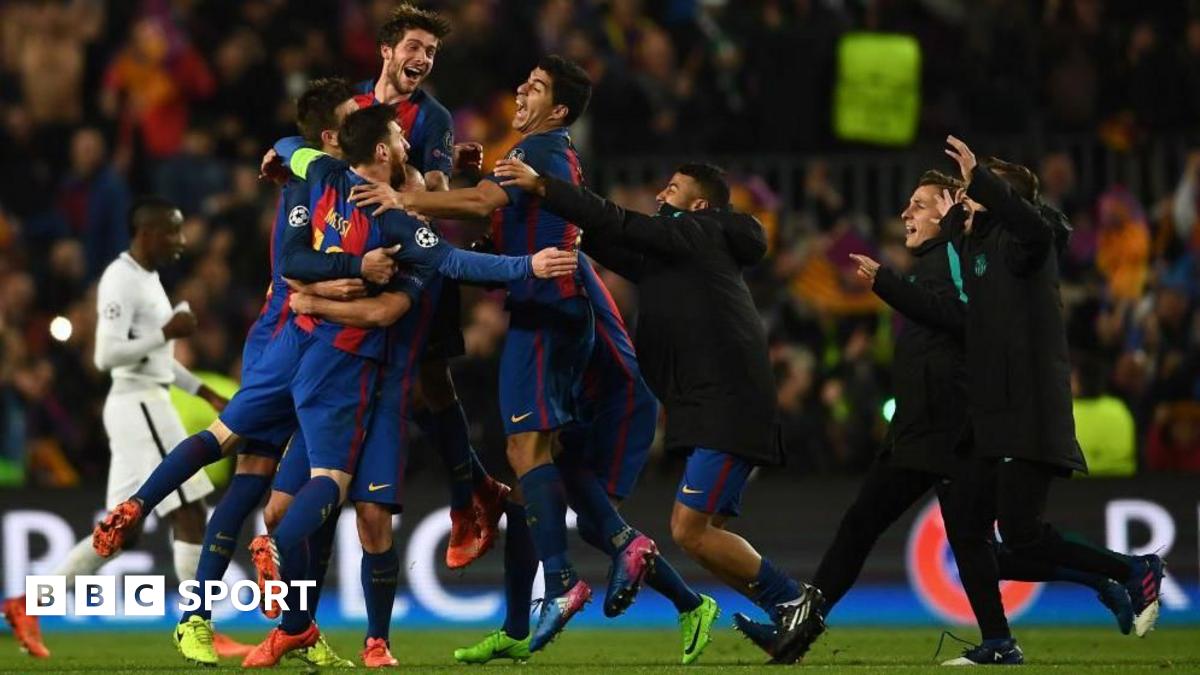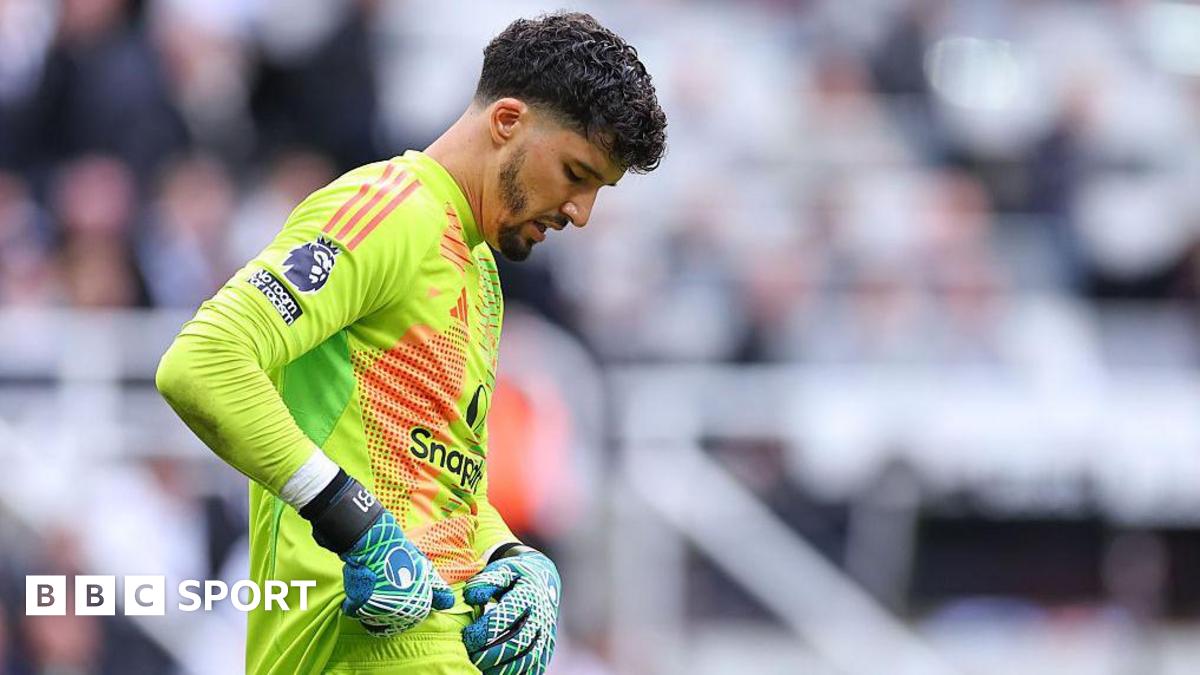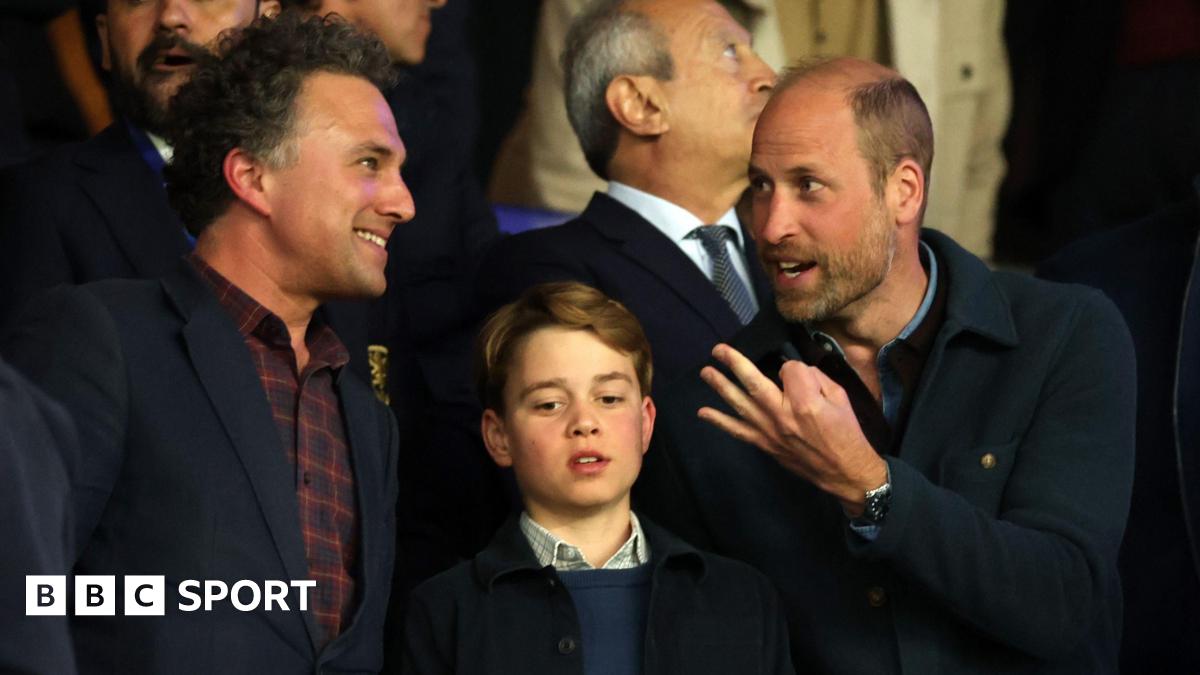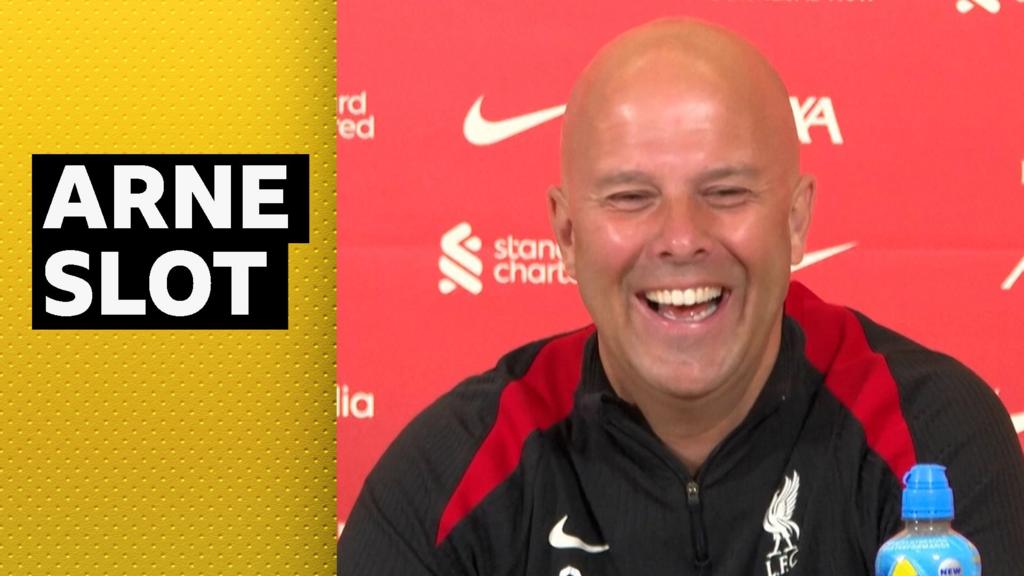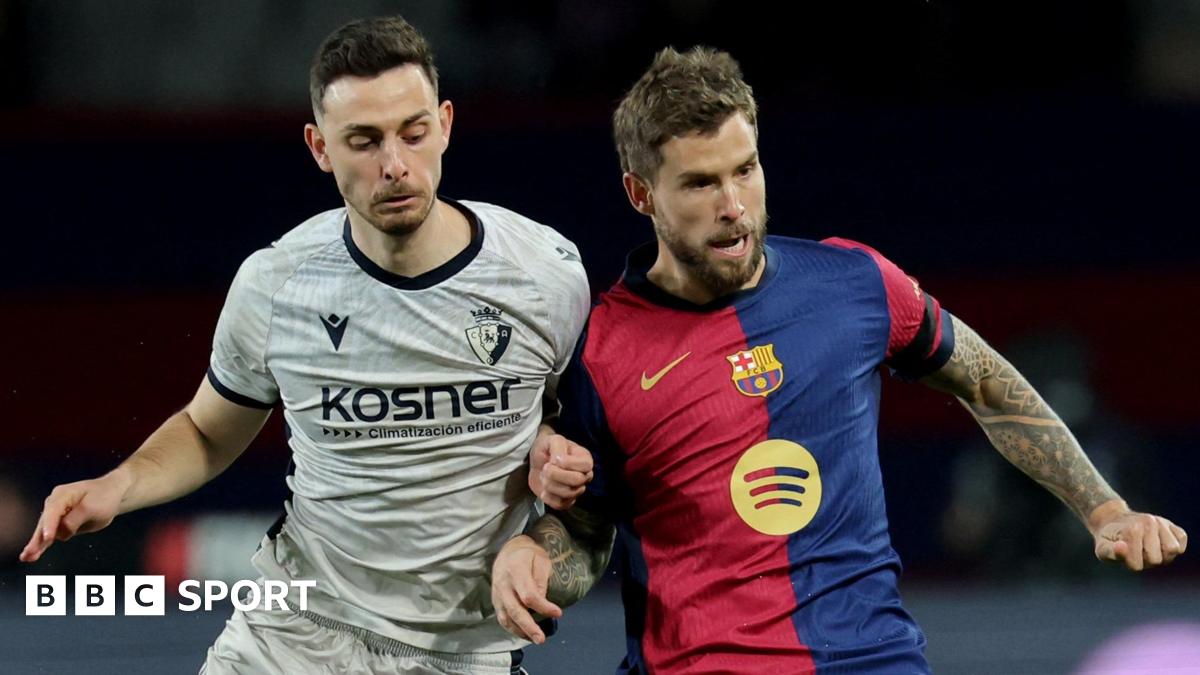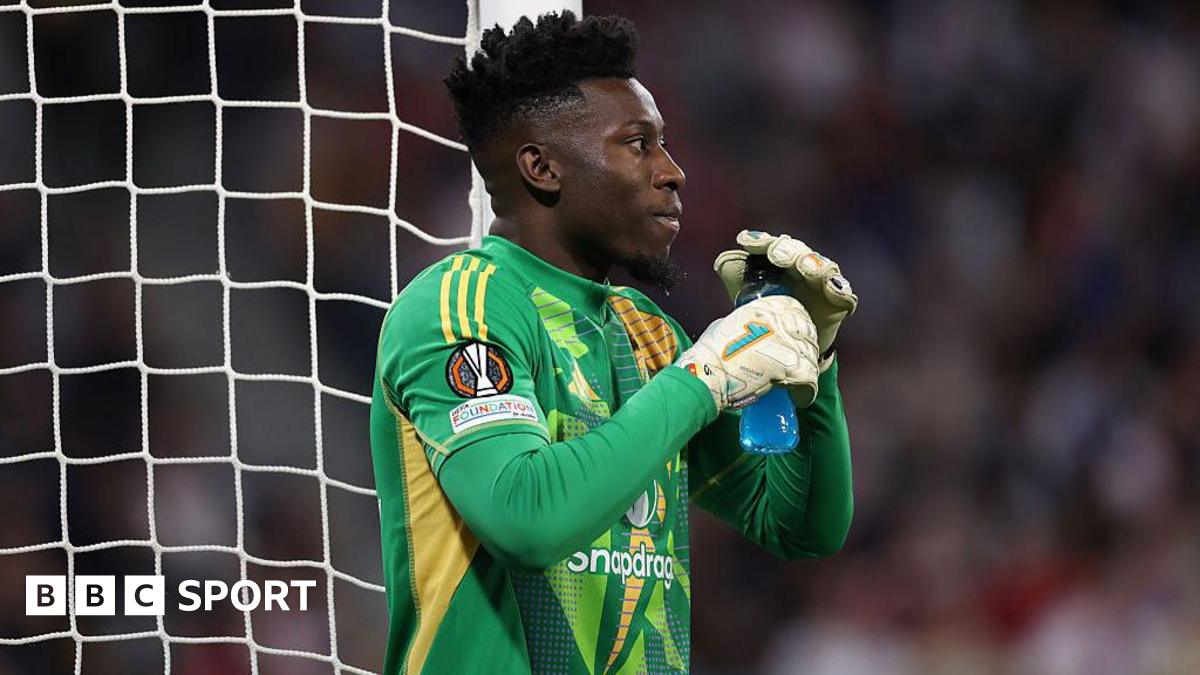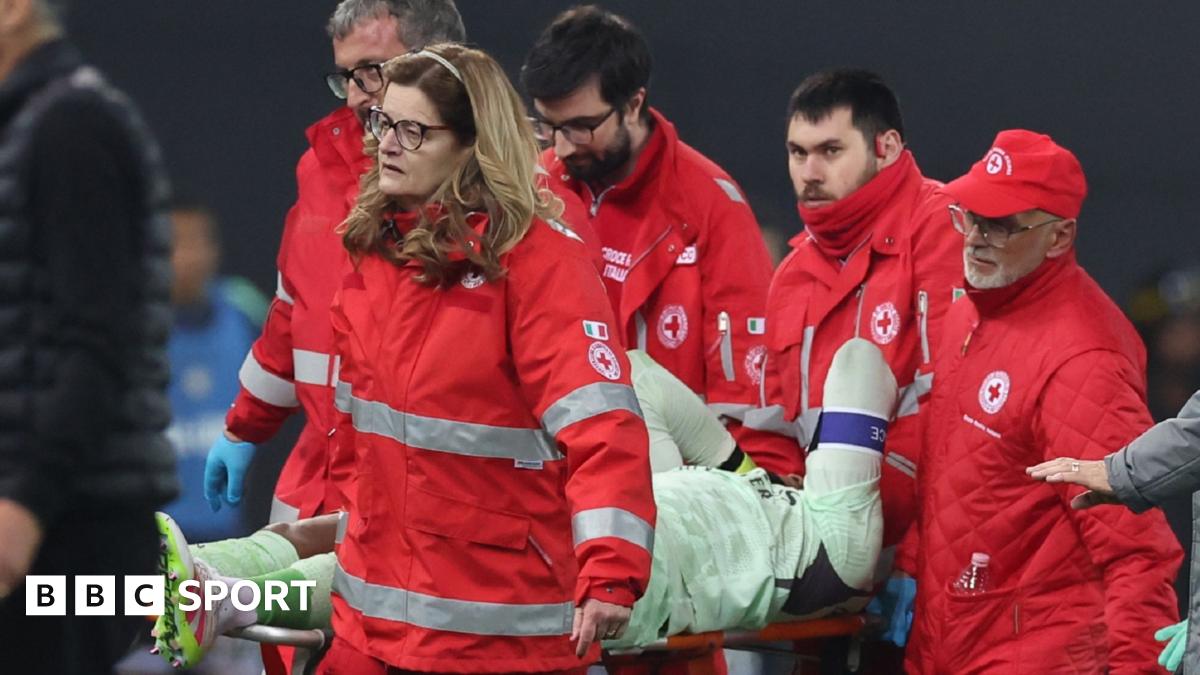What’s the fascination with noise and the desire to return to thunderous noise volumes? I went to a GP in the 1990s and the noise was unbearably loud. Why is it held in such high esteem? It’s not like the present engines are EV quiet. – Ash
This is a very pertinent and perceptive question in the context of the current debate about engines in F1.
In a nutshell, what has happened is that FIA president Mohammed Ben Sulayem was pushing a return to V10 naturally aspirated engines before the end of the next engine cycle – perhaps even as early as 2028.
That has now been kicked into the long grass because a majority of the engine manufacturers were opposed, as they were always going to be.
The manufacturers, FIA and F1 will continue to discuss engines, while waiting to see what the new rules look like next year. These continue with 1.6-litre turbo hybrid engines, but with the electrical component providing close to 50% of the total power output, as opposed to about 20% now.
There is the possibility of some form of simplified engine format being introduced, but likely not before 2029 at the absolute earliest, and more likely 2030 or 2031, which is when F1 is due for a new engine formula anyway.
This new engine, it is now clear, will definitely be a hybrid. But it remains to be seen what size it is, how many cylinders it will have, whether it will be turbocharged, and how big a proportion hybrid will be of the total power output.
A V8, with or without a turbo, and hybrid in the region of 20-30% seems like a reasonable-guess possible compromise as things stand.
A turbo would make more sense in terms of efficiency, which is an important consideration, but it would have an impact on the engine’s sound.
Noise is definitely one of the factors. A certain portion of the fanbase do romanticise the ear-piercing sound of the engines from the 1990s and early 2000s.
But what is not clear is whether that is the majority or not, and how important a consideration it should be.
F1’s fanbase has changed a lot in recent years. There is a new generation of fans and the number of females has significantly increased. On top of that, more and more families are attending grands prix with relatively young children.
Do this new generation of fans want a return to engines that are so loud you need ear-defenders and cannot have a conversation while the race is going on? What about the corporate guests above the pits?
It feels as if certain people were making decisions based on their own prejudices from a time that they happened to find appealing, without properly researching whether it was the right thing to do.
It would perhaps be wise for F1 and the FIA to research this effectively before forming any firm conclusions, because it is clear it would be wrong to make assumptions.
For example, Fernando Alonso made some interesting comments in this context at the Japanese Grand Prix, which have given pause for thought to the powers that be. Or at least some of them.
Alonso won one of his two titles driving a V10 and one driving a V8, and when he demonstrated his 2005 Renault at the 2020 Abu Dhabi Grand Prix he clearly had a lot of fun chucking the car around. It was great to watch.
You might expect Alonso, therefore, to be in favour of a return to those kinds of engines. But that’s not what he said at all.
“I love the the sound of the V8, V10, and, you know, we all experience that, and it’s probably one of the best memories I have from Formula 1 and one of the best cars that I drove,” Alonso said.
“But the world, in a way, has evolved and changed, and there is a different technology now.
“I will be OK with whatever the sport decides, but we need to be careful not just to take only the romantic side of it and just be, you know, pragmatic, and understand that the world is different now and the future maybe is just what we have now.”

